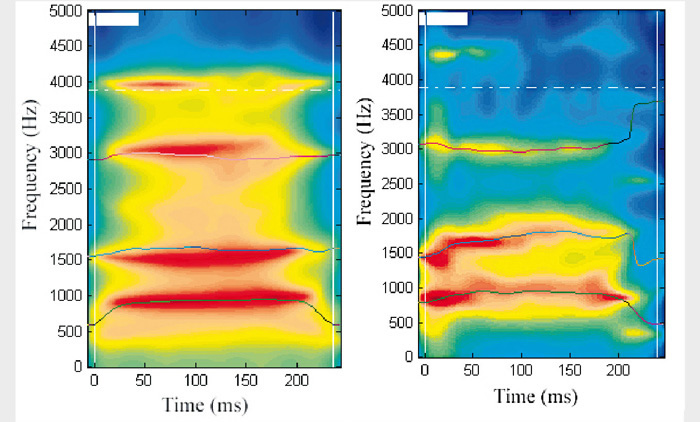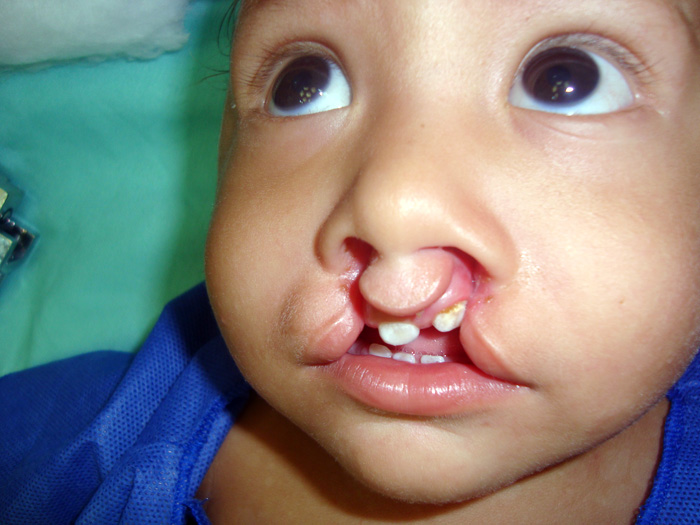CLP (Cleft Lip and Palate), is a congenital deformity, its causes are not well determined yet. It consists on an aperture on the lip, palate, or both, which prevents a person to produce and perceive some kinds of sounds in a proper way. It even can affect the learning process.
According to Roberto Perry, linguist, there is not a consensus among specialists on the way of evaluating objectively if, regarding the oral expression of the patient, the "late surgery" was successful or not", especially if we bear in mind that, in many cases, there is not a noticeable improvement on their intelligibility after the procedure.
To reach this goal, the research team took verbal samples from nine children, between 7 and 13 years old, affected with CLP, before the surgery, and a year after the surgery, in order to take the comparative measurements.
The verbal samples were studied by Roberto Perry, Lorena Ham (anthropologist) and Ángela Martinez (phonoaudiologist), all of them researchers from the Universidad Nacional de Colombia. The spectrograms allowed the researchers to find clues about what happens with the vocal sounds after the surgery.
The sentences pronounced by all the chosen children, passed through a methodical technologic examination, to compare and indentify the transformation of the speech (sound frequency, inflection of the voice, duration) after the chirurgical procedure. These observations led to an intersubjective judgment on the improvements (or lack of improvements) on the analyzed cases.
The obtained indicators were associated to unexpected risk factors after the surgery, such as anomalous behavior of the larynx, excess of nasality in the sound, lack of air or permanent leak through the nose or through a cleft, among many others. A global evaluation on the improvements or deterioration on the patient"s voice quality was completed as well.
Lorena Ham explained that this study could contribute to optimize the results of a surgery, because, with these samples, comparisons and statistic data, it would be easy to determinate which chirurgical techniques could give better results.
Sedes
 Correo Electrónico
Correo Electrónico
 DNINFOA - SIA
DNINFOA - SIA
 Bibliotecas
Bibliotecas
 Convocatorias
Convocatorias
 Identidad UNAL
Identidad UNAL




